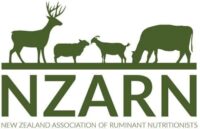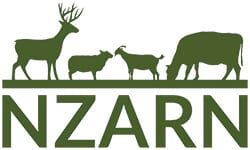David Pacheco – Options for abatement of enteric methane emissions from ruminants
During this session David covered the indirect and direct options for mitigating enteric methane. Indirect options include improving feed quality and animal health for improved animal efficiency and reduction in GHG . Direct interventions act directly in the rumen to reduce methane and include options such as methane inhibitors , vaccines, feed composition and plant

